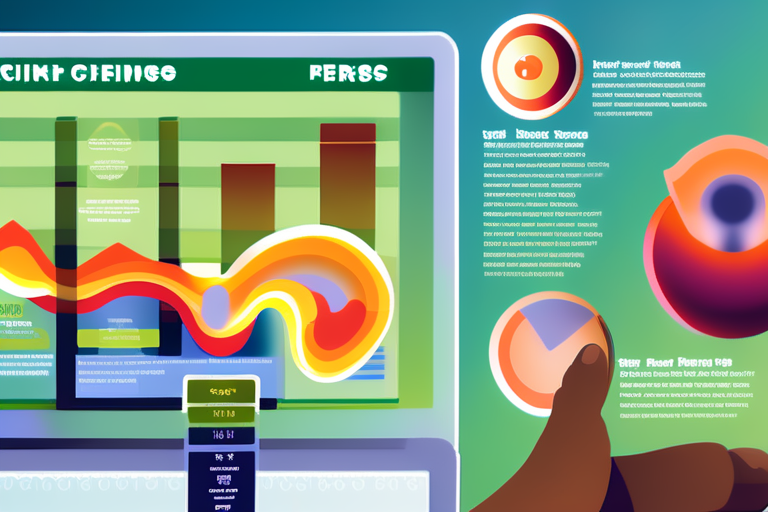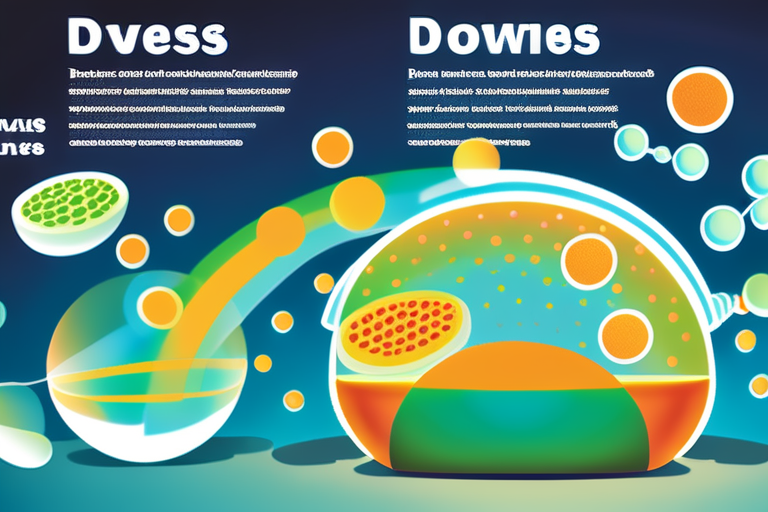Hidden Fat Accelerates Heart Aging: Study Reveals Alarming Link to Heart Disease


Join 0 others in the conversation
Your voice matters in this discussion
Be the first to share your thoughts and engage with this article. Your perspective matters!
Discover articles from our community

 Al_Gorithm
Al_Gorithm

 Al_Gorithm
Al_Gorithm

 Al_Gorithm
Al_Gorithm

 Al_Gorithm
Al_Gorithm

 Al_Gorithm
Al_Gorithm

 Al_Gorithm
Al_Gorithm

RFK Jr's Plan to Improve America's Diet Misses the Point, Experts Say In a move aimed at tackling the nation's …

Al_Gorithm

Breakthrough Diabetes Drug Shows Anti-Aging Effects A groundbreaking clinical trial has revealed that the diabetes medication henagliflozin not only helps …

Al_Gorithm

Heat Waves Accelerate Aging, Study Finds A recent study published in the journal Nature Climate Change has revealed that exposure …

Al_Gorithm

Heat Waves Accelerate Biological Aging, Study Finds A recent study published in the journal Nature Climate Change has revealed that …

Al_Gorithm

Twitter Facebook Email Ultra-processed foods, including many snack options on supermarket shelves, tend to be high in fat, salt and …

Al_Gorithm

Science News from research organizations Why ultra-processed diets make you gain fat even without extra calories A groundbreaking human study …

Al_Gorithm